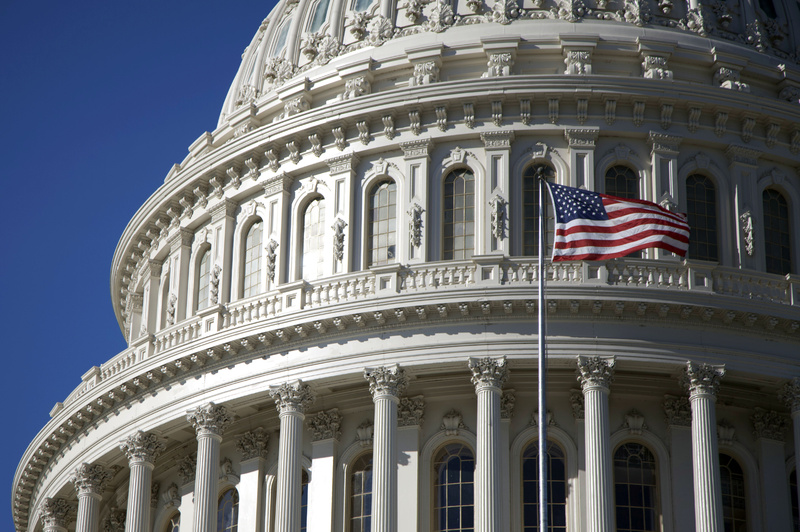As the nation inches toward the package of mandatory budget cuts that economists say will slow down an already anemic recovery, let’s remember how we got here.
The sequester was the ransom House Republicans took to end their hostage-taking of the economy in the summer of 2011.
That was when they threatened to default on the nation’s debts if they didn’t get deep spending cuts. Instead, they took the promise of mandatory cuts to defense and domestic spending in 2013 and walked off the brink of a devastating financial crisis.
The thought back then was that the sequester cuts would be so troubling to both the right and left that both sides would sit down and work out a deal for responsible deficit reduction.
Unfortunately, that didn’t happen. Believing that they would have a stronger position after the presidential election, Republicans walked away from the so-called “super committee” negotiations.
That left matters to last December, with the nation headed toward the fiscal cliff, in which the budget cuts would be combined with mandatory tax cuts, a combination that economists said would send the nation back into recession. The Republicans were willing to crash the economy rather than accept a deficit-reduction deal that would raise taxes on the highest earners.
Eventually they held out to protect tax increases on income from $250,000 to $450,000 a year. The budget cuts were put off until March 1.
These cuts would not only slow down economic growth, they also would interfere with our national defense. Economists say there are ways to achieve the same amount of deficit reduction without threatening the recovery. The White House has proposed a package of targeted spending cuts with tax increases achieved by closing loopholes that benefit only high wage earners.
Instead, the House Republicans passed the Spending Reduction Act of 2012, which would stop defense cuts and replace the sequester with cuts to federal safety net programs while defunding the Dodd-Frank financial reforms and the Affordable Care Act. In other words, the middle class and the poor should pay up, but the rich have done enough. So, as we careen toward another self-inflicted deadline, we face another financial crisis manufactured to achieve Republican political goals that could not be achieved at the polls.
We know how we got here, but the question we face is: When is this economic brinkmanship ever going to end?
Send questions/comments to the editors.



Success. Please wait for the page to reload. If the page does not reload within 5 seconds, please refresh the page.
Enter your email and password to access comments.
Hi, to comment on stories you must . This profile is in addition to your subscription and website login.
Already have a commenting profile? .
Invalid username/password.
Please check your email to confirm and complete your registration.
Only subscribers are eligible to post comments. Please subscribe or login first for digital access. Here’s why.
Use the form below to reset your password. When you've submitted your account email, we will send an email with a reset code.